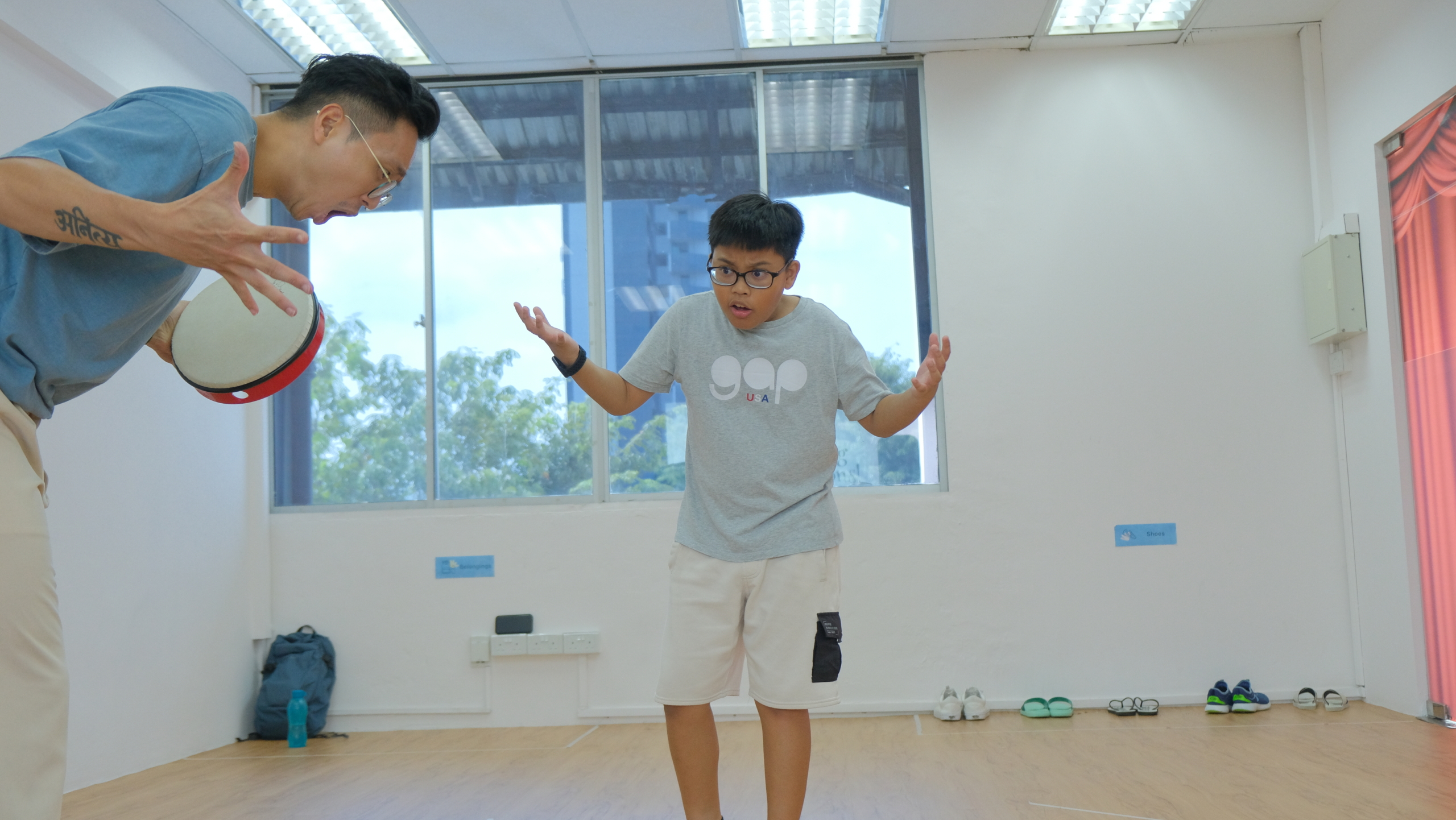Mastering the Art of Public Speaking
In today’s fast-paced world, effective communication is key, and public speaking is a crucial component of this. Whether it’s for professional advancement, personal development, or academic success, the ability to speak confidently and clearly in public settings is invaluable. This extensive guide will delve into the nuances of how to train to be a public speaker, exploring techniques, practices, and insights specific to this skill, especially within the context of Singapore’s dynamic and diverse culture.
The Significance of Public Speaking
Public speaking is more than just a skill – it’s an art that involves expressing ideas, sharing stories, and influencing others. It plays a pivotal role in various aspects of life, from education and business to personal relationships. In Singapore, a society known for its competitive educational system and vibrant business sector, excelling in public speaking can be a game-changer.
Research Insights
A study by the National Institute of Education, Singapore, underscores the importance of public speaking in educational settings. The research highlights how students with proficient public speaking skills tend to perform better academically and socially (Source: National Institute of Education).
Another study focusing on Singapore’s corporate sector found that employees with strong public speaking abilities are more likely to assume leadership roles and excel in team-based projects.

Beginning the Public Speaking Journey
Understanding Your Audience
The first step in public speaking training is to understand your audience. Tailoring your message to the interests, needs, and cultural backgrounds of your listeners is crucial for effective communication.
Crafting a Clear and Concise Message
A well-structured speech is key. Start with a strong opening, followed by a clear and concise message, and end with a memorable conclusion. Use stories, statistics, and personal experiences to make your speech more engaging and relatable.
Overcoming Speech Anxiety
Many people experience nervousness when speaking in public. Techniques such as deep breathing, practicing mindfulness, and positive visualization can help alleviate this anxiety. Remember, confidence in public speaking grows with experience.
Enhancing Public Speaking Skills
Practice and Feedback
Regular practice is essential. Joining public speaking clubs or groups, such as Toastmasters International, provides opportunities to practice in a supportive environment and receive constructive feedback (Source: Toastmasters International).
Utilizing Technology
Leveraging technology can greatly enhance your public speaking training. Online courses and virtual reality (VR) platforms offer immersive and interactive experiences to practice and improve your speaking skills.
Learning from Experts
Attending workshops, seminars, and watching TED talks can provide valuable insights into the techniques of accomplished public speakers.
Advanced Public Speaking Techniques
Storytelling and Emotional Connection
Incorporating storytelling into your speeches can create an emotional connection with the audience. Sharing personal stories or anecdotes makes your message more relatable and impactful.
Mastering Non-Verbal Communication
Non-verbal cues, such as body language, facial expressions, and eye contact, play a significant role in public speaking. Being aware of these can enhance the effectiveness of your delivery.
Using Visual Aids Effectively
Visual aids, when used appropriately, can reinforce your message and aid in audience engagement. However, they should complement, not overshadow, your speech.
Specialized Training in Singapore
Tailored Courses and Workshops
Singapore offers a variety of public speaking courses and workshops tailored to different age groups and professional backgrounds. These programs focus on practical aspects of public speaking, from crafting speeches to delivery techniques.
Case Study: Singapore Schools
A case study in Singaporean schools showed that students who participated in extracurricular public speaking activities demonstrated significant improvements in communication skills and self-confidence. This highlights the impact of practical, hands-on training in public speaking.


